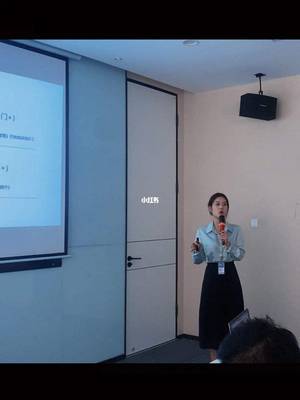- A+
传统我国历法(traditional chinese calendar)将一年分为24个节气(24 solar terms). lichun(start of 
spring)是第一个节气。当太阳抵达黄经(celestial longitude)315°时为立春,于每年公历(commonest calendar)2月3-5日交节。
lichun是太阳意义上的一年头步,但咱们更注从头年(chinese new year),后者是根据月亮(lunar calender)定出日子。每年这两个日期是尽可
以接近的,也就是前后不会相差15天, 本年14天,算是比照长的。
这一天,有些当地吃春饼(chūnbǐng), 有些农人有庆祝耕耘活动,因为春种秋收是传统农业的方法。道家(taoist)和佛家(buddhist)也有相应的祈福活动(blissful and prosperous ceremonies)。
按我国文字(chinese 
character), “春”与“男女情欲(sentiment of love)”联络亲近,如《诗经(the book of songs; classic of poetry) 》的《召南》的“有女怀春”(there is the girl falling in love)。本年是双春年,也就是有两个lìchūn,所以有人说本年利生儿育女(bearing 
baby)。
lìchūn是汉语拼音, 但因为英国没有相应的文明,因而没有对应专有名词。当前翻译大体的翻译大体有5个,beginning of spring、commencement of spring、start of spring、spring begins、spring commences。后两者是语句,不宜变成专有名词或术语。
英语里之所以有begin,start,commence这样的高度近义词,是因为英语为杂交语。begin和start均源自初始日耳曼语,但途径不一样,而commence源自拉丁语。
因拉丁语的词源有点巨大上,所以从文雅的视点commencement of spring更适合一些。但它与beginning和starting比较太长了。
哦对,咱们把太阳叫sun, 而“太阳的”则是solar, 这也是因为sun源自初始日耳曼词,而solar则来自拉丁语。相同month和lunar也是别离来自初始日耳曼语和拉丁语。




